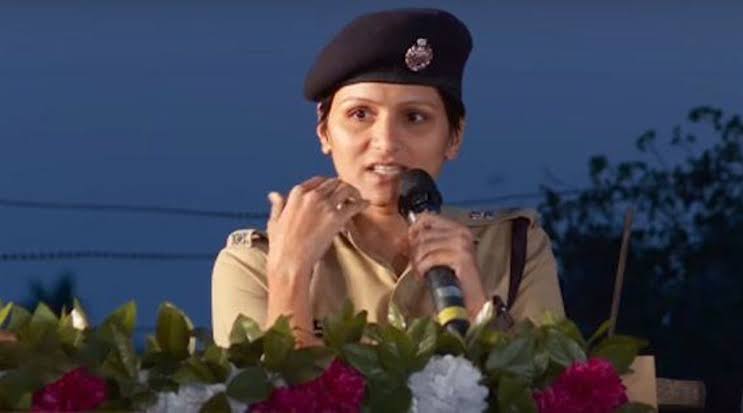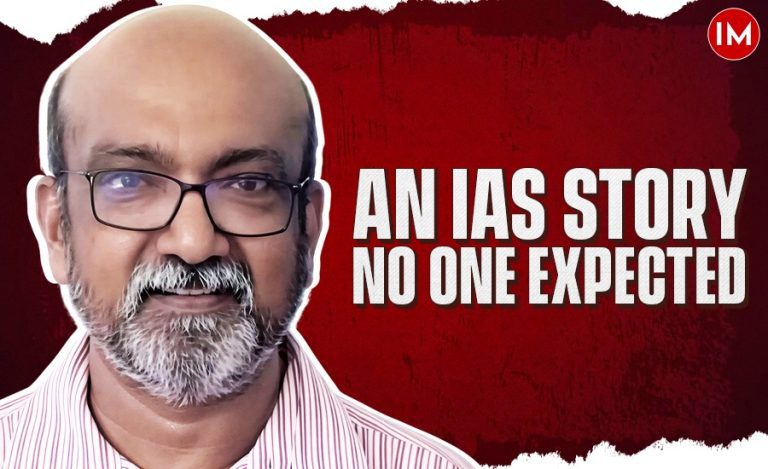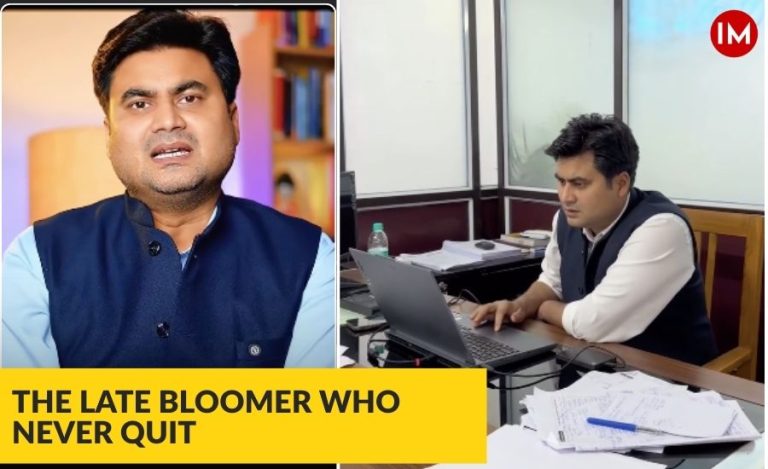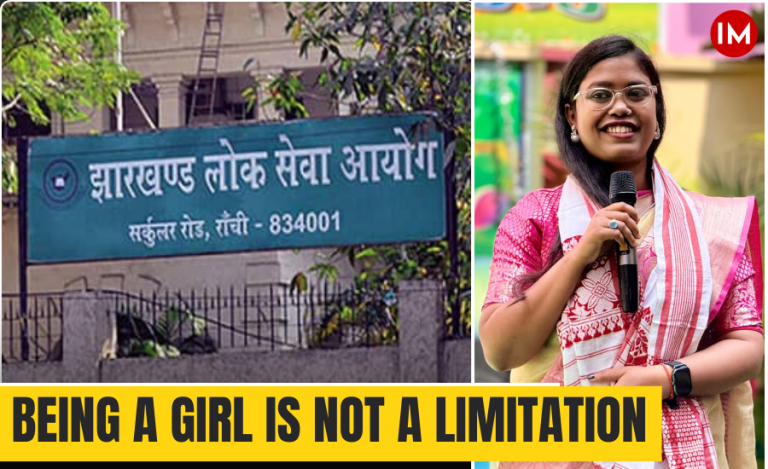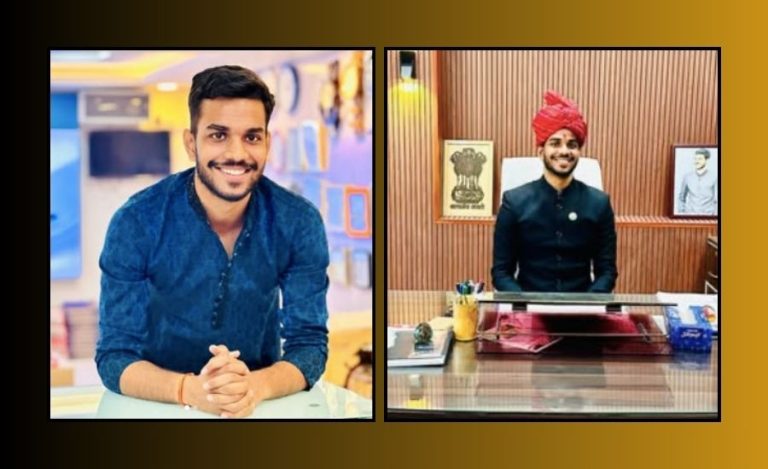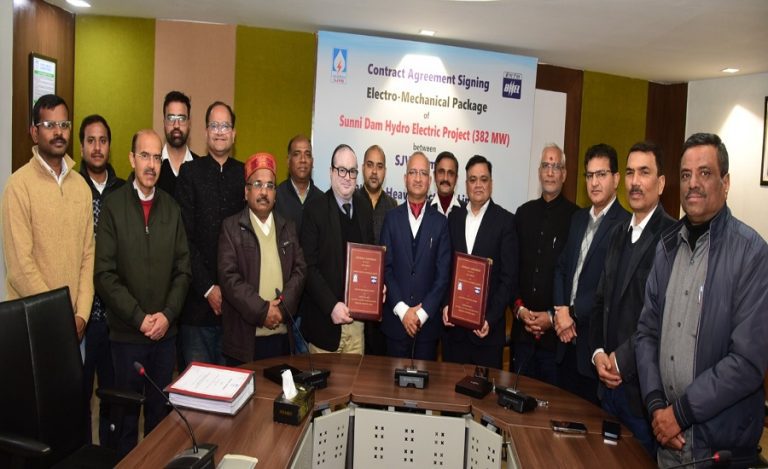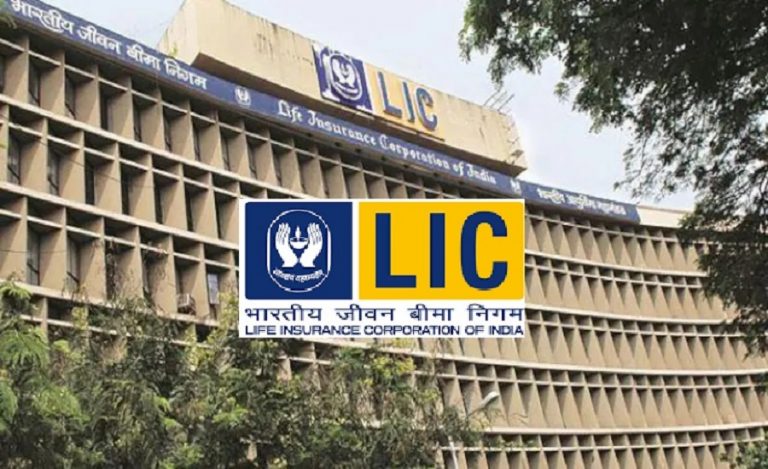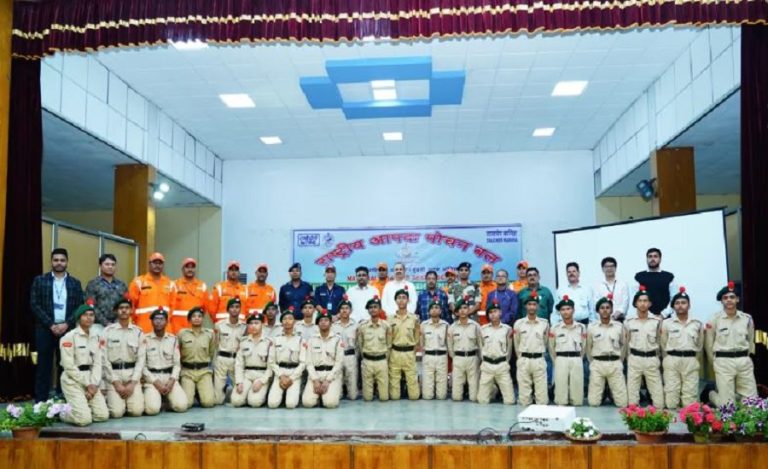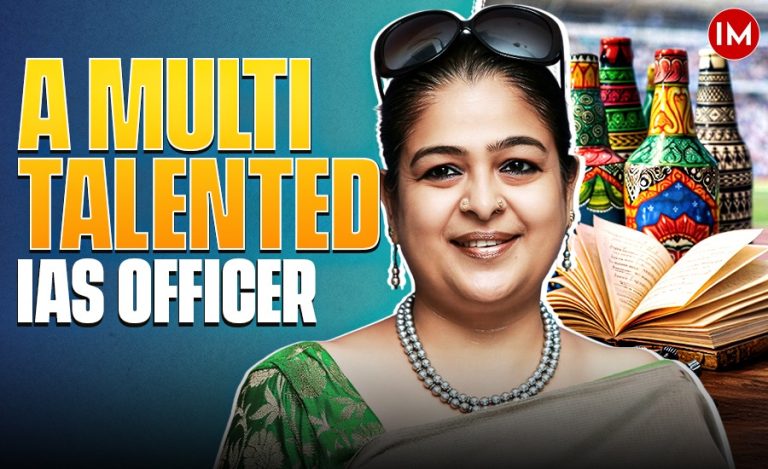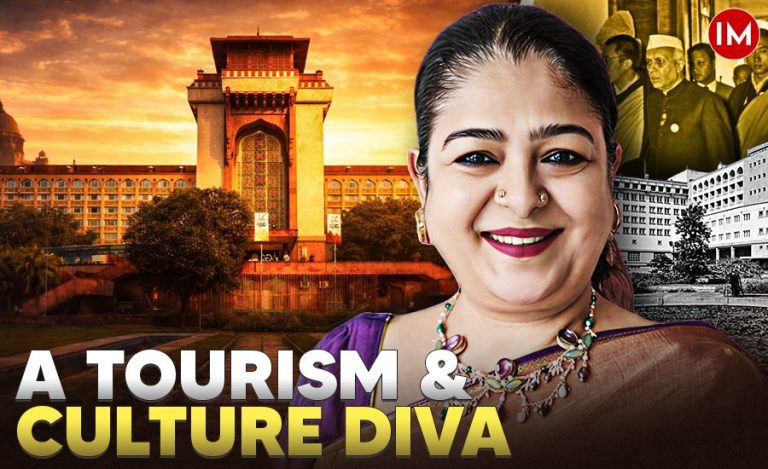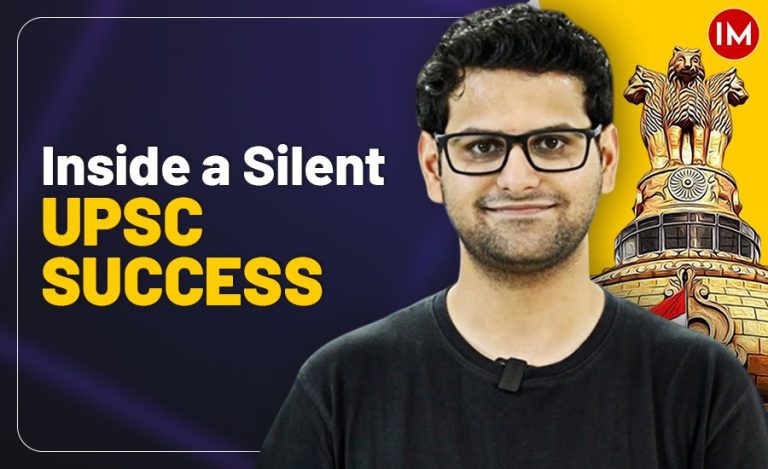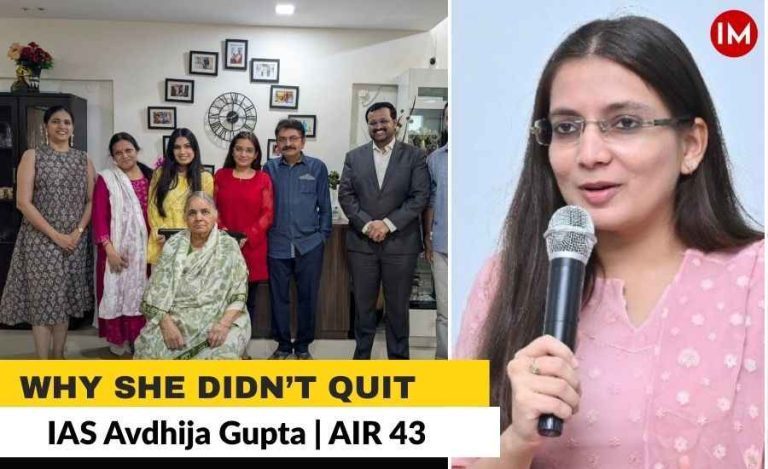There’s a poignant story related to the birth of IPS officer Shobha Bhutada. When she was born, her family wept because they badly wanted a son. However, destiny brought an ironic twist to that story and the same family now rejoices and takes pride in her because she is an IPS officer.
Indian Masterminds presents the story of 2008-batch IPS officer Ms. Shobha Bhutada, who is currently working as Assistant Director, IB (Intelligence Bureau). Sadly, her story is the story of numerous girls in many parts of the country, where families still consider the birth of a girl child as a curse.
CHALLENGING PATRIARCHAL SYSTEM
It has been more than a decade since Ms. Bhutada joined the Indian Police Service, and till now, she is challenging every patriarchal value and system associated with her job. The officer, who made headlines while investigating the rape case on Aasaram Bapu’s son Narayan Sai, is feared by criminals and wrongdoers because of her no-nonsense attitude.
WAS A MERITORIOUS STUDENT
Ms. Bhutada comes from a conservative middle-class family and was brought up in Maharashtra. In her own words, career for a woman was an alien concept in her house. Everybody wanted to make her dance to their tunes and never missed a chance to remind her that her destiny lies in the kitchen. While speaking on a media platform, she had said, “The only good thing was that I was good in studies and my father wanted all of us to graduate. A graduate girl is less of a burden when it comes to marrying.”
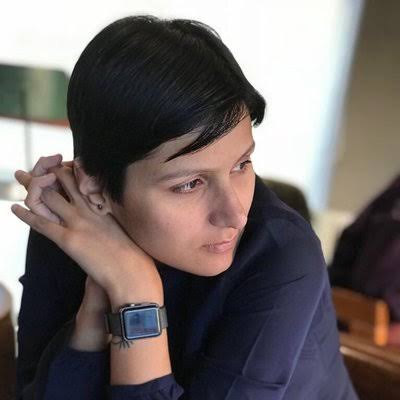
After completing her graduation, she convinced her parents with all the emotional tools she had and came to Delhi. This decision of her parents was questioned by all her relatives, which created an extra pressure on her to become successful. Sharing her experience of how people are always ever ready to cut off the wings of a girl, she said, “It was one day before my SSC exam. One of my relative said to me that no matter how hard I try, I will end up making chapati for them.”
CHALLENGING SUPERSTITIONS ABOUT PERIODS
Ms. Bhutada never stepped back when it came to challenging any superstition or hypocrisy. Accepting wrongs and not raising voice against discriminations is not her style. “When I first got my periods, I was told to be in a corner of my house for four days. My family told me that I should not be seen by any men in our house. When I questioned it, I was told that if they see me, they will be born as dogs in their next lives. It was weird for me, but I was too young to rebel. I never accepted this injustice and continued questioning them.”
Her tryst with superstitions continued even during her UPSC preparation days. “During my preparation days, we had gone to a temple, and everybody was against my entry in that holy place because my periods were on. When I didn’t agree, hey threatened me by saying that if I enter, I won’t clear my exam. I took the risk and here I am!”
She stresses that whether it is small or big, injustice and discrimination are not to be tolerated. “If we turn our eyes from them today, think, what kind of world are we going to leave for our future generation.”
DIDN’T BOW DOWN TO SOCIAL NORMS
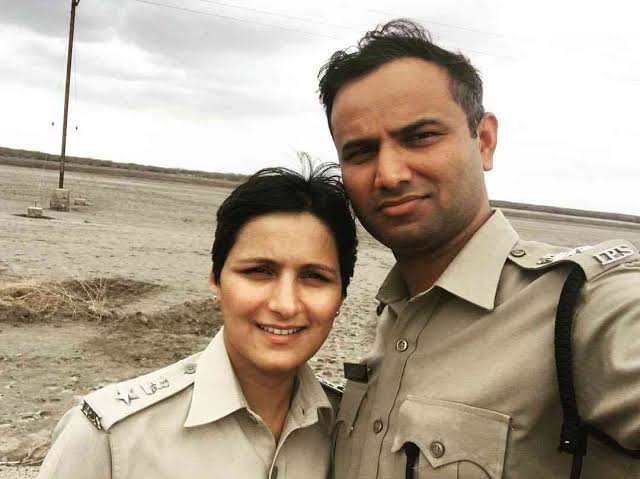
Ms. Shobha broke all norms when she married the love of her life, Mr. Pradip Shejul, who is also an IPS officer. They both have a marriage of equality and on her wedding day, she ditched all the rituals that treats women as secondary. She says that women are not the second sex, and they should not be treated like one. It is very important for every woman to not just earn their identity but also preserve them. She says, “During my job hours, I meet a lot of women who are in leadership positions and financially independent but are victims of physical and sexual violence. It is because we are still teaching our daughters to aim high, but, at the same time, to keep the family and their marriage intact. It is not the sole burden of the woman to serve the family. The responsibilities should be equally distributed.”
Giving a message to all the women aspirants, she says that women should be strong as a whole and they should learn not to compromise on their identity. A woman’s identity is not less important than a family, she said.

